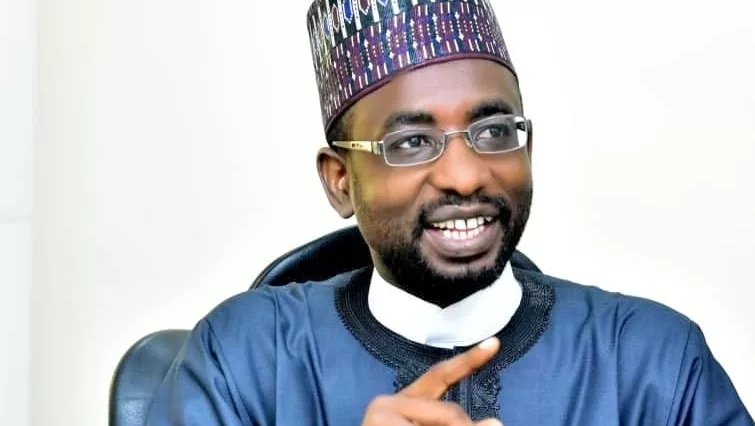The National Information Technology Development Agency (NITDA) has identified Distributed Denial-of-Service (DDOS) attacks on critical national digital infrastructure.
These attacks are being orchestrated by a hacktivist group known for politically and religiously motivated cyber campaigns, posing a significant risk to the country’s vital information infrastructure.
In a statement signed by Mrs. Hadiza Umar, the Head of Corporate Affairs and External Relations at NITDA, the agency issued a warning to the general public about the ongoing attacks. NITDA emphasised that cyber-attacks are not a distant threat but rather a looming danger that directly affects Nigerians.
The consequences of such cyber-attacks can be severe and wide-ranging, including disruption of critical services, economic losses, and damage to public trust and reputation.
To safeguard against attacks on government institutions and other critical sectors, NITDA’s Computer Emergency Readiness and Response Team (NITDA-CERRT) advised Ministries, Departments, Agencies, and critical service providers to implement measures to prevent DDOS attacks.
The recommended measures include deploying DDOS monitoring systems to detect signs of attacks and reducing the attack surface area to limit options for attackers. Additionally, organizations should implement or subscribe to DDOS protection features, such as rate limiting, load balancing, traffic filtering, Content Delivery Network (CDN), and Web Application Firewalls.
Hosting providers should offer redundant internet connectivity to handle significant traffic volumes effectively. Configuring network hardware, such as firewalls or routers, to block incoming ICMP packets or DNS responses from outside the network can also enhance security.
Furthermore, all critical national infrastructure providers, including financial services and telecommunications companies, should enhance their cyber readiness and resilience by implementing necessary cybersecurity measures.
NITDA’s alert serves as a call to action for all stakeholders to prioritise cybersecurity and safeguard Nigeria’s digital infrastructure against potential cyber threats.





